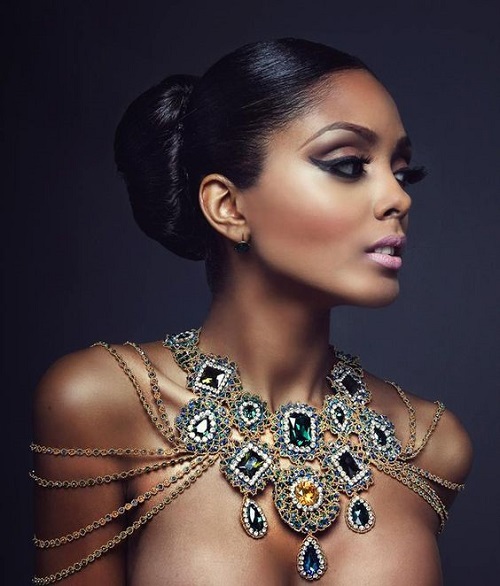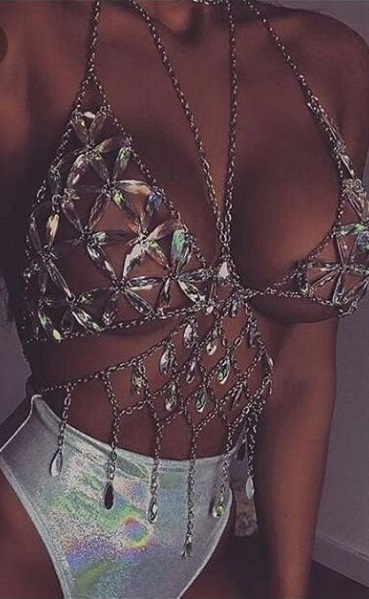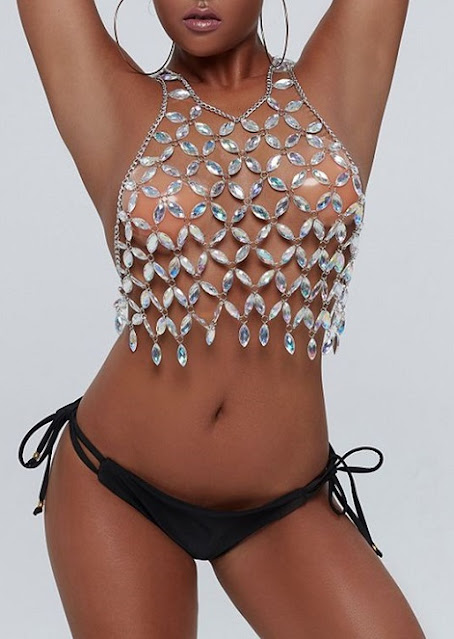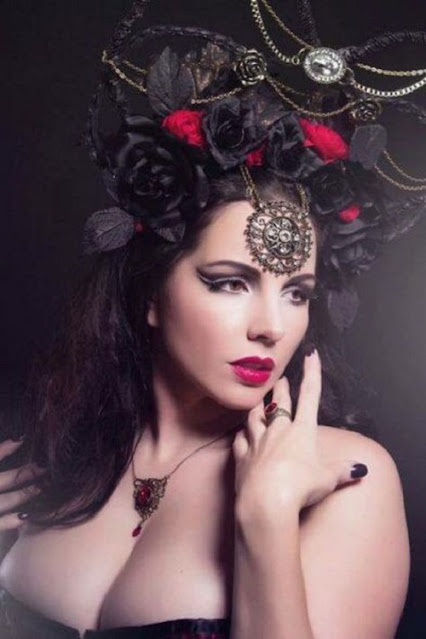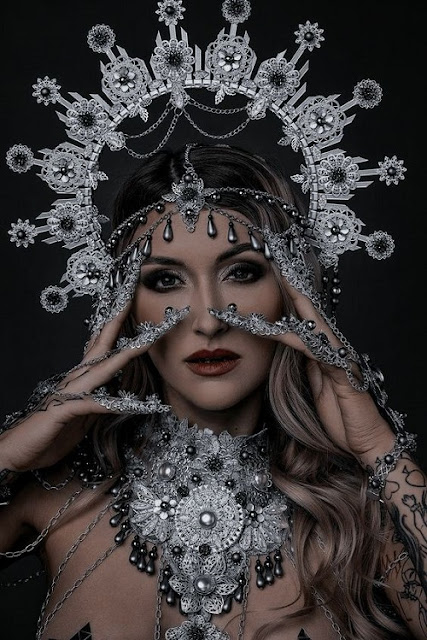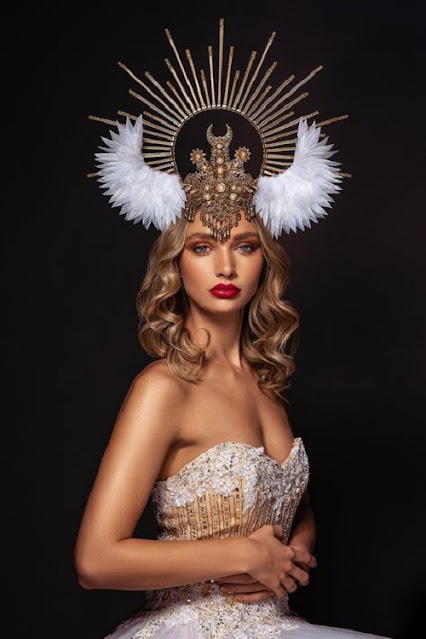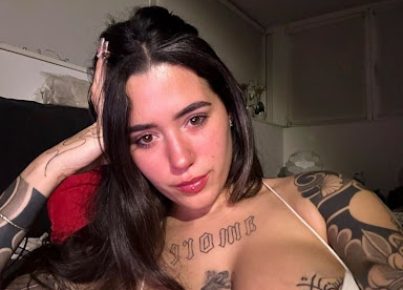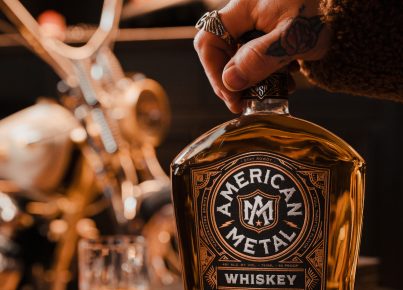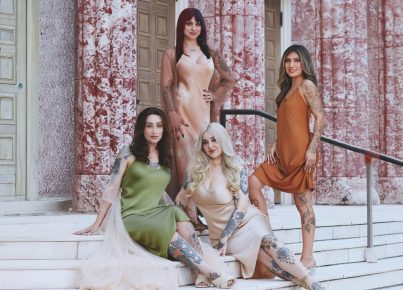The female beauty ideal is a specific set of beauty standards regarding traits that are ingrained in women throughout their lives and from an early age to increase their perceived phys*ical attrac*tiveness. It is a phenomenon experienced by many women around the world, although traits change over time and vary by country and culture.
Feminine beauty ideals are largely based on hetero*normative beliefs, but they have a strong influence on women of all sex*ual orientations. Ideal female beauty traits include, but are not limited to: female body shape, facial features, skin tones, height, clothing style, hairstyle, and body weight. To emulate such desirable traits, women have chosen to undergo facial and body altering practices that vary in severity. Some of these practices include: plastic surgery, skin whitening, foot binding, neck rings, waxing, make-up, wig fitting, teeth lacquer, tanning, corsetry, etc.
With fairy tales, media, advertisements, fashion, and beauty-focused dolls like Barbie dolls playing a prominent role in women’s lives, the pressure to conform to the beauty ideal is mounting. feminine from an early age. Managing the pressure to conform to a certain definition of “beautiful” can have psychological effects on an individual, including depression, eating disorders, body dysmorphia, and low self-esteem that begin as early as adolescence and continue into adu*lthood.
Beauty – is a combination of phy*sical attra*ctiveness, personality, culture, and intelligence that you adore, appreciate, and respect !……………………………………………..
The media is one of the most powerful tools for girls and young women to learn and understand feminine beauty ideals. As the media develops, the way people view female beauty ideals changes, as does the way women view themselves. “The average teen gets about 180 minutes of media exposure a day and only about 10 minutes of parental interaction a day,” says Renee Hobbs, EdD, associate professor of communications at Temple University. In most advertisements, female models tend to have a homog*eneous appearance. “Today’s girls are inundated with [ultra-slim] ideals not only in the form of dolls, but also in comics, cartoons, television, and advertising along with all the associated merchandising.”: 290 In addition to this, what The feminine ideal of beauty in the mass media is manipulated by technology. Images of women can be manipulated virtually creating an ideal that is not only rare but also non-existent. The Encyclopedia of Gender in the Media states that “post-production techniques of airbrushing and computer-generated modifications ‘perfect’ the beauty myth by removing any blemish or blemish visible to the nak*ed eye.”Ads for products “such as diets, cosmetics, and exercise equipment [help] the media build a dream world of hope and high standards that incorporates the glorification of thinness and weight loss.”
With a focus on an ideal phy*sical appearance, the feminine beauty ideal distracts from female competition by prioritizing and valuing superficial characteristics related to beauty and appearance. When phy*sical beauty is idealized and featured in the media, it reduces women to sex*ualized objects. This creates the message through the media that one’s body is inadequate apart from sex*ual attra*ctiveness and connects the concepts of beauty and se*x.
Celebrities achieve perfection through photoshopped images that hide every blemish or flaw while editing body parts to create the ideal hourglass body type. The Dove Beauty & Confidence Report surveyed 10,500 women in 13 countries and found that women’s confidence in their body image is steadily declining, regardless of age or geographic location. Despite these findings, there is a strong desire to fight existing beauty ideals. In fact, 71% of women and 67% of girls want the media to do a better job of presenting different types of women. Studies conducted by Dove reveal that low self-esteem affects the ability of women and girls to unlock their true potential. 85% of women and 79% of girls admit they choose not to participate in important life activities when they don’t feel confident with their appearance. More than half of women (69%) and girls (65%) cite media and advertising pressure to become the world’s version of beauty as a driving force behind appearance anxiety . Studies conducted by Dove have also revealed the following statistics: “4% of women consider themselves beautiful, 11% of girls globally feel comfortable describing themselves as beautiful, 72% of girls feel pressure to be beautiful, 80% of women agree that every woman has something about her that is beautiful, but does not see her own beauty, and that 54% of women agree that when it comes to their appearance, they are their own worst beauty critic.”
An online space like Instagram that relies on interactions through images creates a focus on one’s phy*sical appe*arance. Based on evidence collected from a study focusing on general Instagram use among young women, researchers suggest that Instagram use was positively correlated with self-objectification among women.This same study also considered the effect of Instagram on the internalization of the Western beauty ideal for women, and the evidence collected in the study is consistent with the idea that Instagram use encourages women to internalize the social beauty ideal of western culture. Because users have the opportunity to shape and edit their photos before sharing them, they can force them to adhere to the beauty ideal. Viewing these carefully selected images shows the extent to which women internalize the Western ideal of beauty. In addition to investigating the effects of general Instagram usage, the study also investigated the effects of “fi” Instagram pages.
Disclaimer:*** I do not own any of the photographs I post,…

